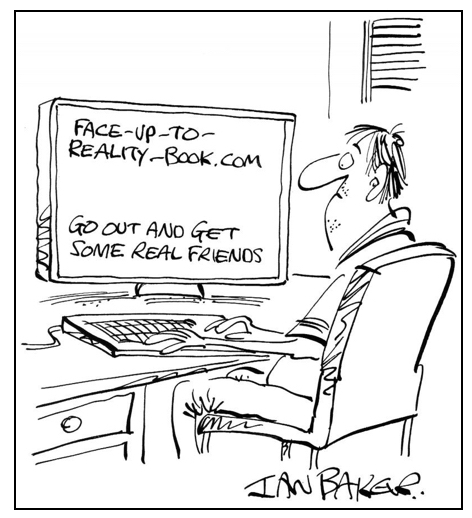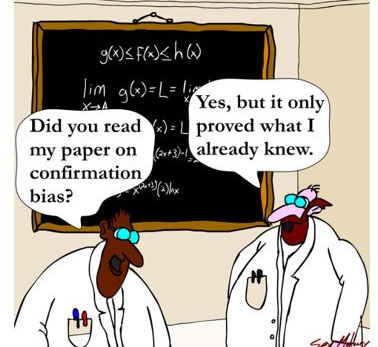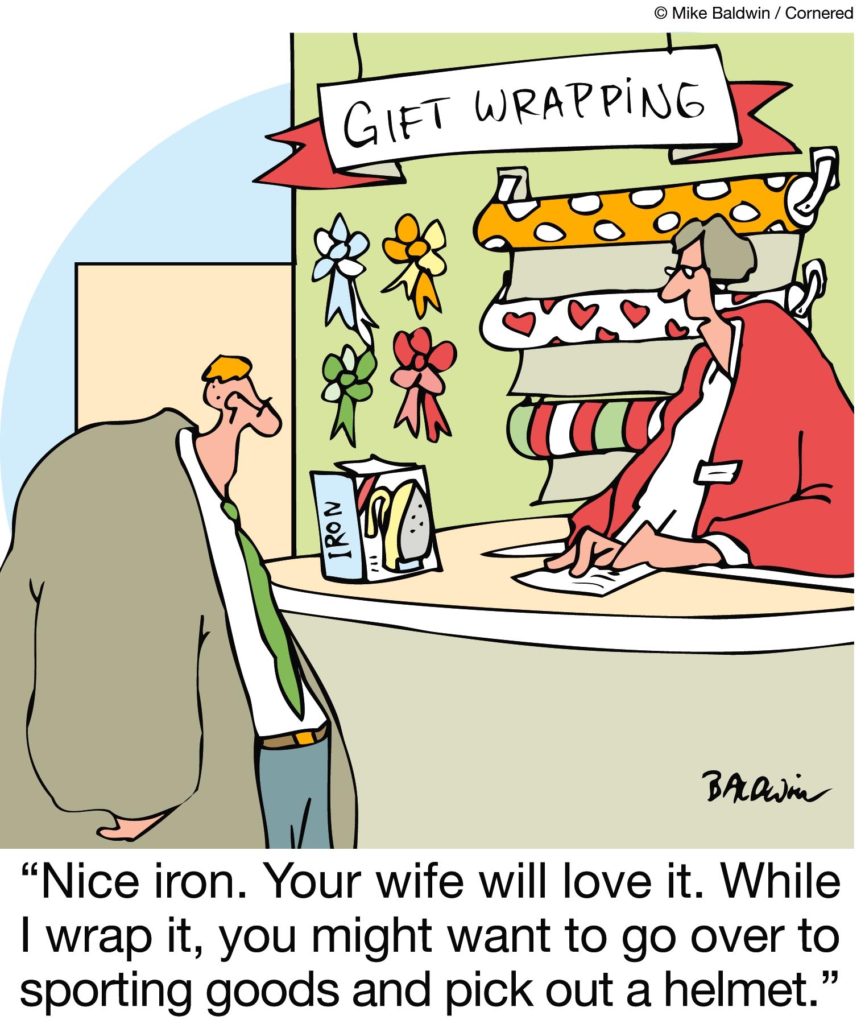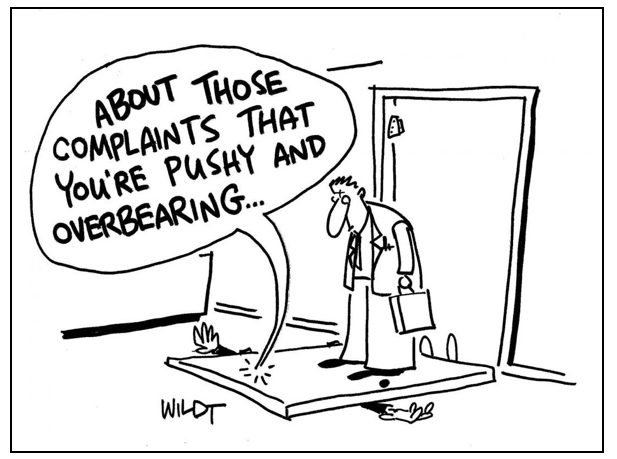 Besides, which would you rather have, money or a faithful and modest friend? Epictetus
Besides, which would you rather have, money or a faithful and modest friend? Epictetus
Years ago I saw a cartoon depicting a thief pointing his gun at a frightened victim and yelling, “Give me all your valuables.” The next panel showed the victim stuffing all of his friends into the thief’s sack.
Friendships are among the most valuable assets in life. I value them more than currency or possessions. In terms of friendships, how wealthy are you?
Take the initiative to develop friendships.
An ancient proverb says, “He who would have friends must show himself to be friendly.” My favorite word in the English language is initiative. It is a common trait of leaders and people who progress in life. And it is mentioned in this proverb as a key to developing friendships. To make friends you must “show yourself to be friendly.” Take the first step; make the first move; pick up the phone and call someone you would like to start a new friendship with or contact an existing friend to deepen the relationship.
I went out in the world to find a friend.
And I could not find one there.
Then I went out to be a friend.
And friends were everywhere.
It’s okay to categorize your friendships.
There’s nothing wrong with categorizing friendships based on how close the relationships are. When I consider the different levels of my friendships I visualize concentric circles. The inner circle represents my closest friends. The next, larger circle includes a larger group of friends that I’m not as close to, and so on.
It’s interesting and satisfying to watch a friendship move from an outer circle to one nearer the center. For instance, I first met my friend Ken Allen about nine years ago when our families were sharing a meal together. Ken joined the church choir that I direct so we started seeing each other at least twice a week. In the next five years he participated in several choir tours so we traveled the world together with other choir members. We’ve shared a lot of meals together. We have slowly become very good friends. Our friendship deepened in a natural, unforced manner.
Don’t underestimate how many friendships you can develop.
Don’t think “I can only negotiate 10 close friends” or “about 50 friends is all I can handle.” Through the years, my concentric circles of friendships all get larger.
One of my goals in 2016 is to make 50 new friends. As of August, I’ve cultivated 25 new friends. I met Larry on a European trip we were on together. My new friend, John, is married to a woman who works in my office. I met Sayed when I opened an account at Fidelity Investments. If you look for them, potential friends are everywhere (see my post on the Baader-Meinhof phenomenon).
One way I’m solidifying and deepening these new friendships is to host a weekly luncheon where six of us meet to talk about important issues. We meet for five consecutive weeks. It’s amazing how quickly friendships can deepen if you talk openly about significant thoughts.
Soon after Jack Benny died, George Burns was interviewed on T.V. Burns commented, “Jack and I had a wonderful friendship for nearly fifty-five years. Jack never walked out on me when I sang a song, and I never walked out on him when he played the violin. We laughed together, we played together, we worked together, we ate together. I suppose that for many of those years we talked every single day.”
Jack and George shared a priceless commodity—friendship.
Click here to read a great article on the topic of friendship.

 Several months ago Mary and I were contemplating buying a new car. We narrowed our search to a Honda CRV. Suddenly, Honda CRVs were everywhere. I saw them on the road and noticed them in advertisements in magazines and online. I soon met several people who owned one. Within 48 hours that particular car became ubiquitous. Why had I not noticed them before?
Several months ago Mary and I were contemplating buying a new car. We narrowed our search to a Honda CRV. Suddenly, Honda CRVs were everywhere. I saw them on the road and noticed them in advertisements in magazines and online. I soon met several people who owned one. Within 48 hours that particular car became ubiquitous. Why had I not noticed them before?
 I once had an employee who had the audacity to declare, “I know I have a short fuse and a bad temper, but that’s just who I am. People who work with me just need to deal with it.” I informed him that his inordinate temper would not be tolerated because it is an area that he has control over and needs to change.
I once had an employee who had the audacity to declare, “I know I have a short fuse and a bad temper, but that’s just who I am. People who work with me just need to deal with it.” I informed him that his inordinate temper would not be tolerated because it is an area that he has control over and needs to change.